Academia has been trending in the pop-cultural world since the last one week and this time it isn’t a new Dark Academia reel or fashionable accessory that has caught people’s eyes. A whole new comedy drama series breaking new ground by focussing intimately on the lives of academics, the Netflix comedy drama series titled ‘The Chair’, stars the impeccable Sandra Oh as its protagonist and that is just the first of the many things the series gets right.
The show goes on to comically trail its way through the many systemic hurdles that Sandra Oh’s character, Professor Ji Yoon as the first ‘female chair’ has to navigate through in order to rouse the department from the intellectual, financial and administrative slumber it has no intentions of waking up from. Hence, when we found the series attempting to create a more authentic connection by portraying how knowledge of the situation in no way suggests an equal ability to actively tackle them head-on as is often the case with academia; Academic Twitter went abuzz with the quip that The Chair was indeed a great ‘documentary’.
The series in just a matter of six episodes provides a concise take on all that ails academia in a light-hearted manner, giving us a sweeping take of things in general. From the utter lack of representation and diversity in university recruitments, the unchecked performance of faculty in their respective classes, egoism and passive aggression among faculty members to women of colour struggling to land tenure-track professorships, it shows it all as it should be – a complicated nexus of issues feeding into each other.
What is most interesting to see is how this recourse to the popular form of web-series helps us see academia from a more human, transparent light – taking into account that even as an institution of knowledge and wisdom; it too has its moments of uncomfortable transitioning unlike what shows on the surface. Viewers from academia would definitely agree that Wyman and Peet do a great job of making us see how we are at the end of the day subjects of our own critique and that is the never-ending satire academia shall continue to be a part of, till the end of the day. And that is what seems to be, the actual punchline for the show, as it is in real life—that, if there ever were to be a ‘death’ of the English Department, it would come from not being able to ‘read’ one’s own unavoidable ways of passive engagement with the many cultural issues we face at large.
It brings to light important issues to shine better light onto them and in many ways sympathises with the characters without quite glorifying them or their lives. So, when Juju, Ji Yoon’s daughter asks her, ‘Why did you want to be a doctor?’, we realise much later in the series that the idea of ‘intellectual prime’ isn’t about what the old, male professors have been talking about—it is instead about the will to keep voluntarily plunging into an abyss of what we have made of our civilisation for answers and to have the nerve or patience to hit at imperfect solutions and yet to keep continuously striving for an answer or a better path even when the world believes that there’s none.
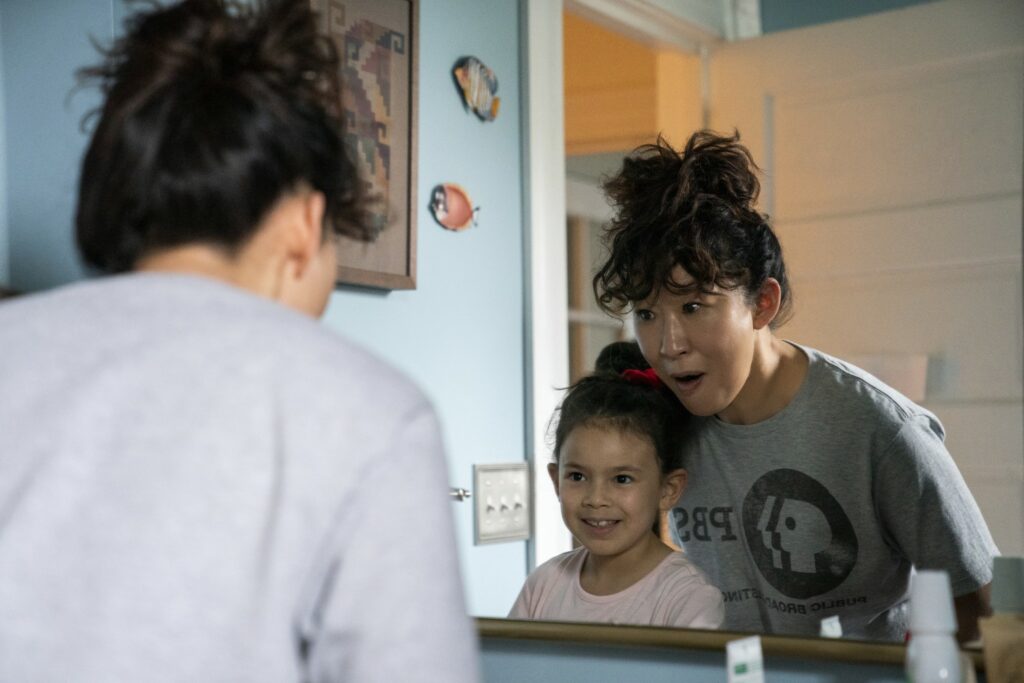
The series in its own way shows us Ji Yoon’s character (with all her personal flaws and limitations) struggling to keep doing so. We see her prioritising her academic career over her personal relationships because that is what has for so long continued to give her a sense of purpose in a country she migrated to. She is more than comfortable being single if being in a relationship means to sacrifice all that she has worked so hard for in life and it isn’t a decision she ever has second thoughts about. Contrast her struggles to how her male counterpart and ever-so charming Professor Billy Dobson who has recently lost his wife, is allowed easy passes to keep faltering for far too long, unlike her. So when this independent, bright woman somehow fails to show up in the beginning for the only black female and equally brilliant colleague in her department owing to her not being able to be assertive enough—the show touchingly sympathises with how feminist solidarities in real life are so much more than lip service and tokenism and how much work one needs to put in individually too to stand up for others. More so, when it is already always too hard being a woman of colour in an English department and apologetically so, as Ji Yoon often is.
What is further interesting is how it depicts such important issues women continue to face in academia with an accuracy which is truly commendable without resorting to unnecessary theatrics or normalising it through oversimplification. Neither does it raise these women to impossible standards to justify their lived struggles. The irony of being caught up in the mainstays of patriarchal cultures in academia despite having been a pioneering feminist scholar is the plight which the aged professor Joan Hambling goes on to endure, without even rising up the ranks or getting the equal pay she deserved in her department. Yet it is when we find her being complicit in internalised misogyny in another circumstance without ever really realising it, does the show succeed in proving an important point about the ever-changing dynamics of culture and its many ideological standpoints, including that of feminism.
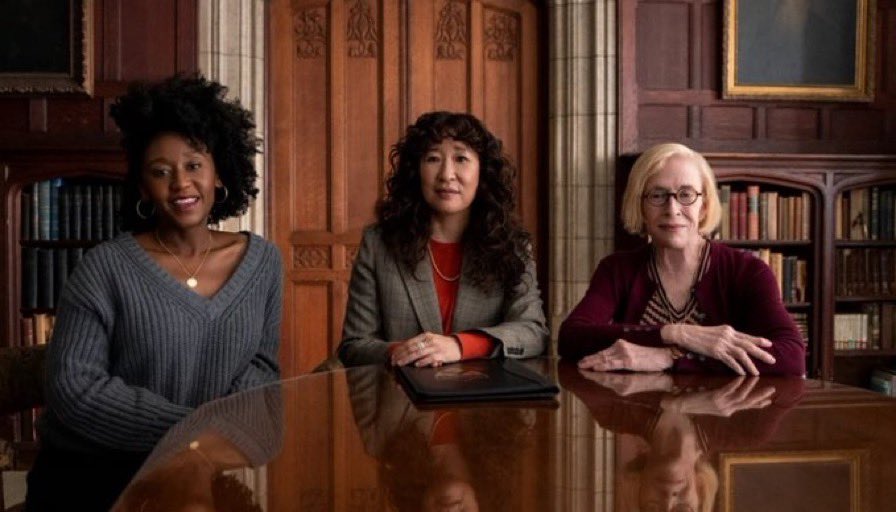
Joan’s inability to resonate with newer developments of feminism on her part, despite being a pioneering feminist scholar herself, reminds us of Roxanne Gay’s ideology of feminist praxis in her book Bad Feminist, where she says, “We don’t all have to believe in the same feminism. Feminism can be pluralistic so long as we respect the different feminisms we carry with us, so as long as we give enough of a damn to try to minimise the fractures among us.” It reminds us of how scholars and academics just as any other human beings will continue to be inherently flawed despite it being their everyday occupation to indulge in criticism and research involving the many malaises of society.
One really needs to appreciate how the series tries to speak so much with so less, without the slightest bit of exaggeration. All of the characters are perfectly cast and the air of authenticity is very much there. Intelligently scripted, it has all the room for being extended where we can get to see the various characters in a more intimate way or maybe try to find better answers to the many issues that it raises but never quite delves deep into. Whether it be the implementation of newer pedagogies in the university classroom, the addressal of student issues with faculty behaviour, concepts of what delineates boundaries between protest cultures and mob justice or how do we go about seeking redressal of grievances in the university system and create better student-faculty engagements, the series succeeds in proving to be an introductory and yet entertaining probe into important issues which affect university cultures.
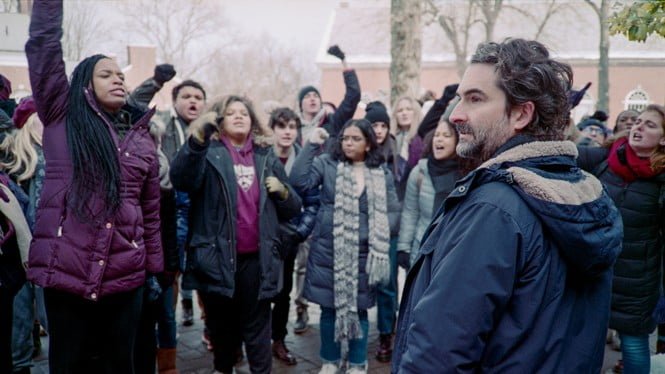
A lasting takeaway from the series ends up being its brilliant depiction of the hyper-vigilant demands of cancel culture; where in this need for compulsively cancelling out someone who even slightly errs against our progressive social ethos, we remove the focus from accountability and an uprooting of the idea of self-improvement. It also brings in questions of ideas of what constitutes ‘serious offense’ and the ability to delineate between perpetrators and repeat offenders against ever-evolving individuals who might have erred against their best intentions. How can we better call out people instead of removing accountability by doing so? It ends up serving a case in point on how critique can come without the claws too and yet make itself heard all right without quite resorting to an unnecessary posturing of self-perfectionism on the part of the critic. The Chair thus in many ways is asking all the right questions and popularly so, which is the ideal popular we so need these days.
Also read: A Look At 6 Popular Shows & Their Feminist Politics
Sneha Roy is a recent postgraduate of literature from Jawaharlal Nehru University, New Delhi and is currently working as an independent researcher and writer. Follow her on Instagram.
Featured Image Source: The Chair, Sandra Oh as Ji-Yoon in episode 106 of The Chair Cr. Eliza Morse/Netflix © 2021
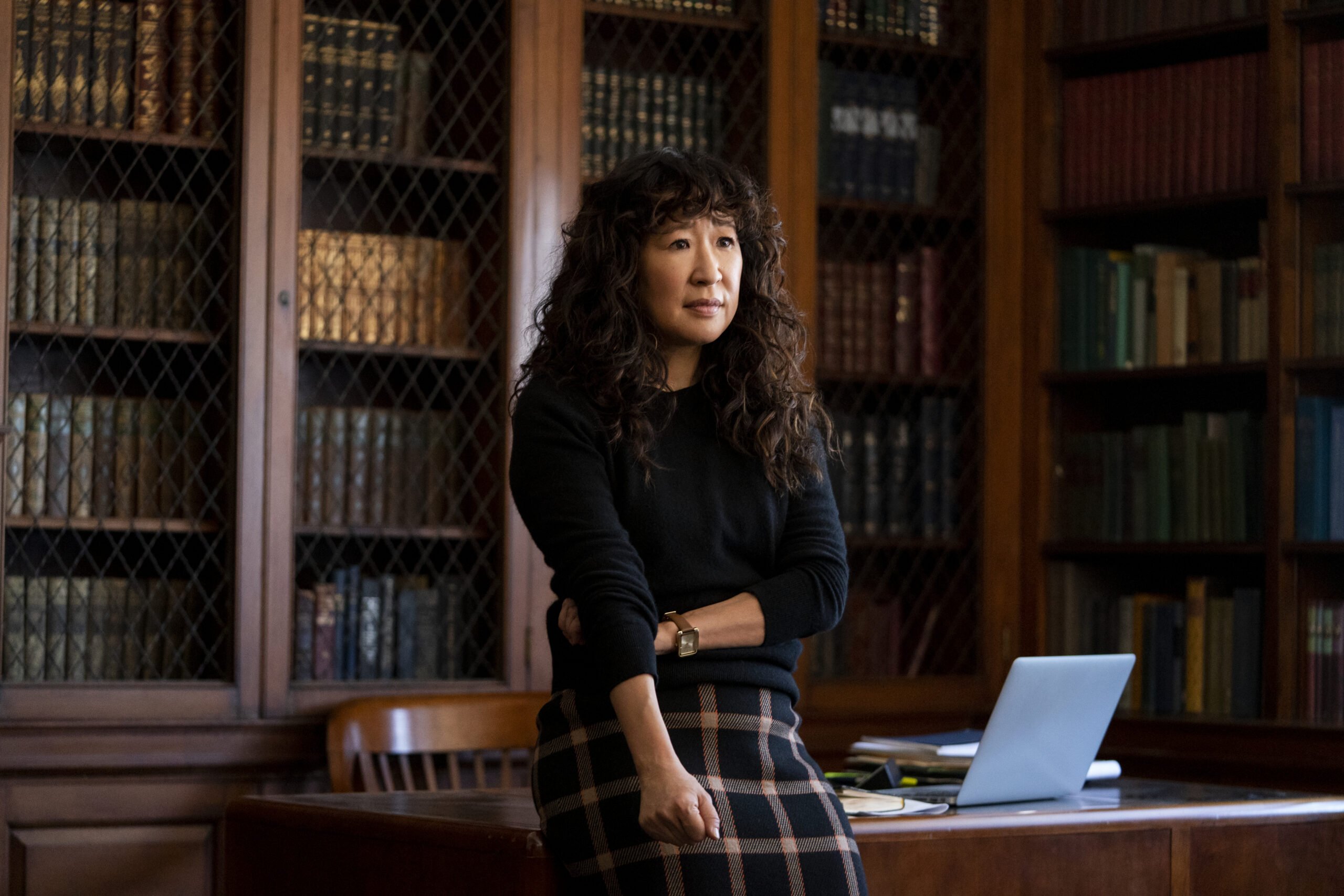

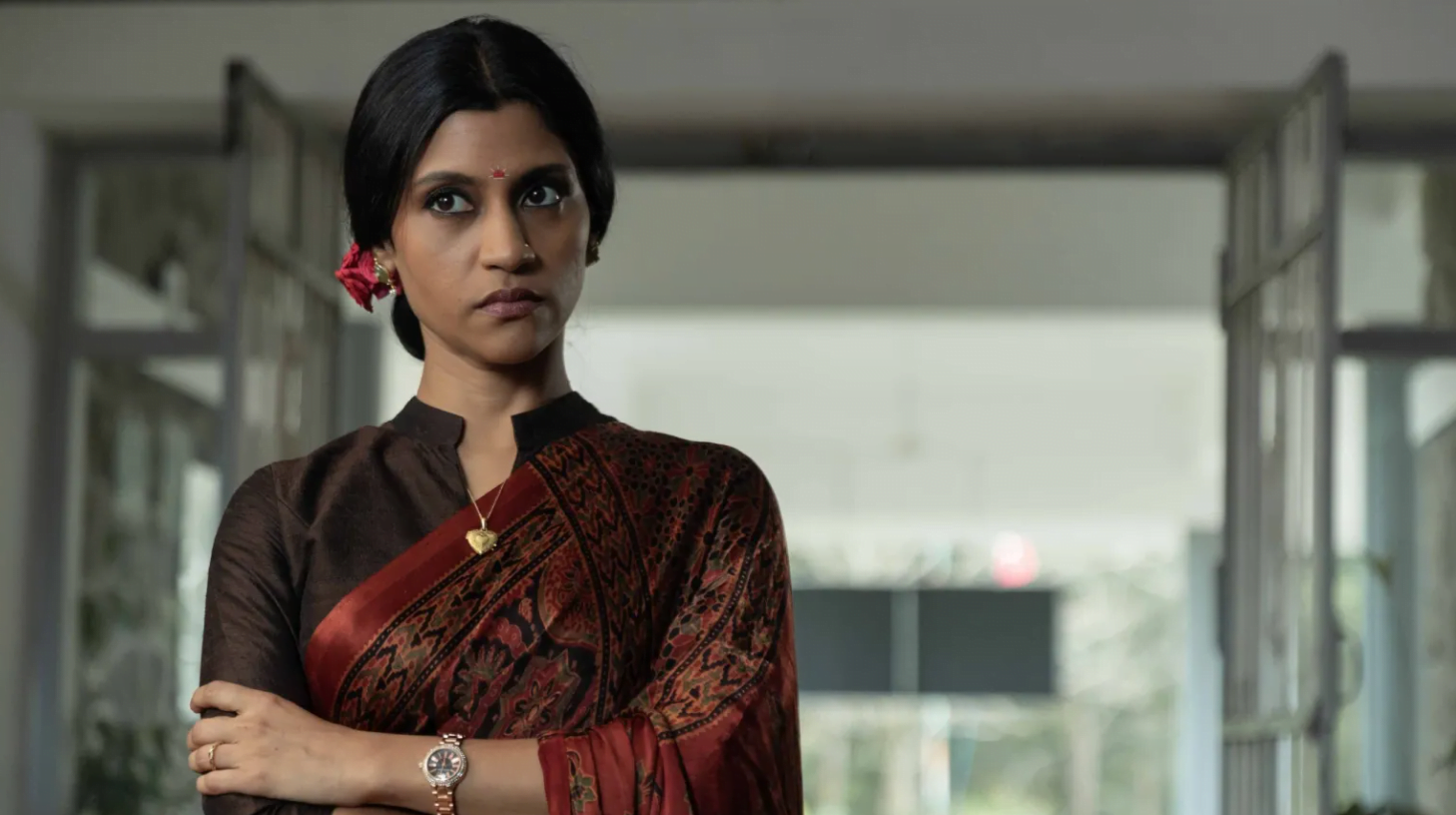
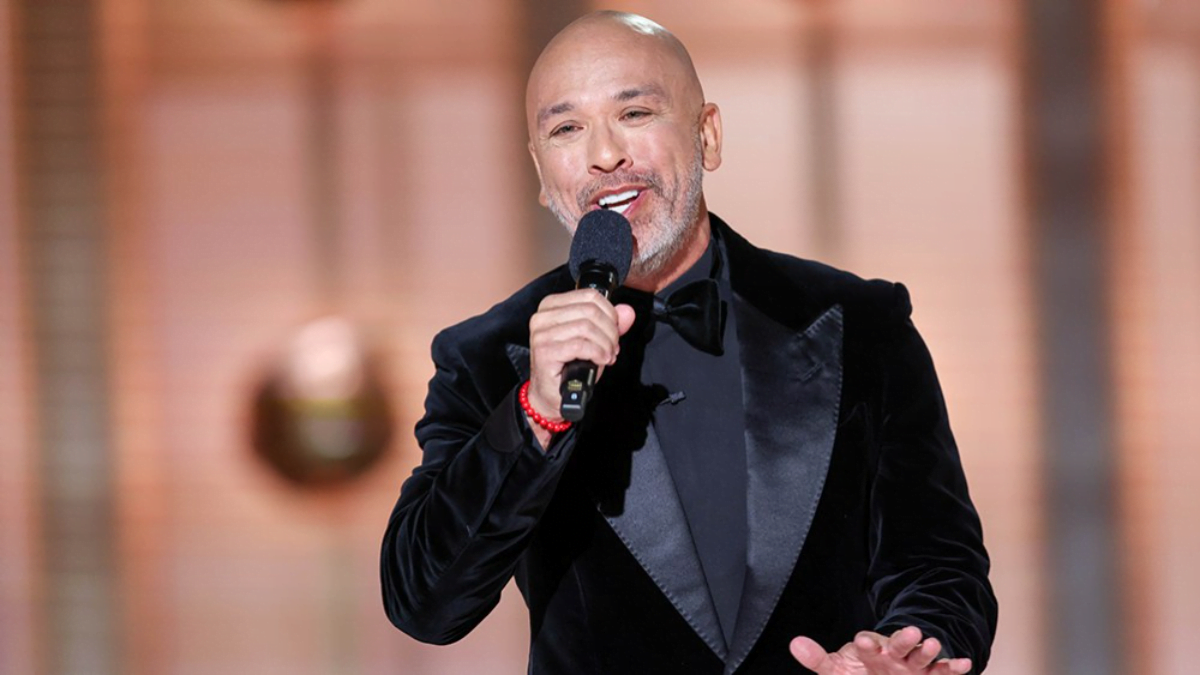

Great work